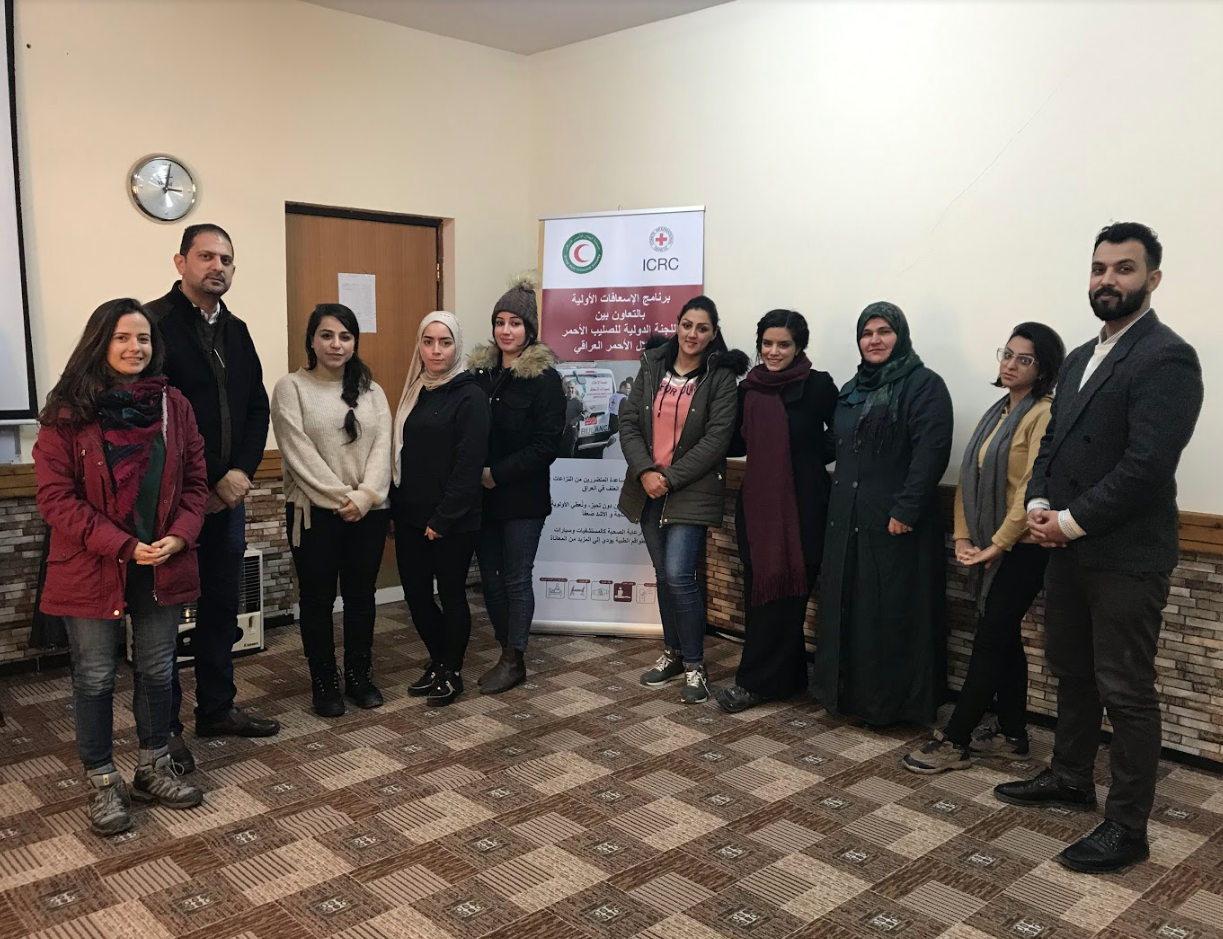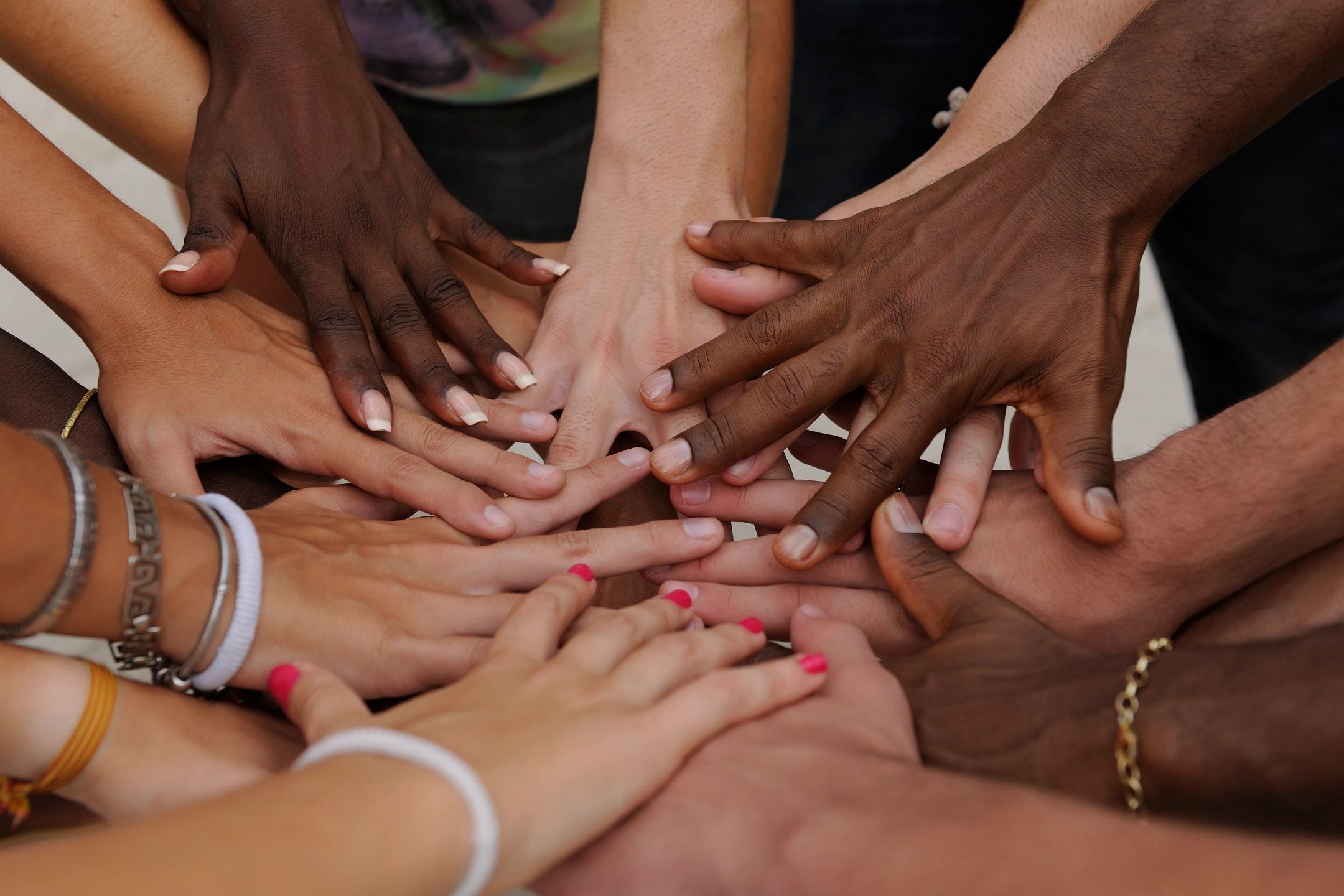The importance of essential gynaecological skills for the health and well-being of women in the developing world
Home »The EGS programme of the Royal College of Obstetricians and Gynaecologists
IWORDS Global was commissioned by the Royal College of Obstetricians and Gynaecologists (RCOG) to develop a strong case to support the delivery of the Essential Gynaecology Skills (EGS) programme to support applications for funding, advocacy events, and presentations of results to best leverage opportunities. The case for support included a literature review, case studies, a donor landscape, and partner mapping.
Our team, with years of well-tracked experience in sexual and reproductive health and rights, resource mobilization, and documentation developed a gynaecological burden disease analysis. This analysis explored the trends of the gynaecological disease in the developing world between 1990–2017, based on the Global Burden of Disease Study (2019). It also included four country case studies that examined the reality of the gynaecological conditions in 4 developing country settings: Nigeria, Uganda, Bangladesh, and Sri Lanka.
Numerous studies have revealed that gynaecological diseases are key contributors to women’s morbidity and mortality around the world. These diseases affect women’s health and quality of life far more than maternal health issues and other more funded and publicized diseases. Usually, the most highly impacted by this burden are women in low-resource countries (LRCs), where a lack of healthcare resources, particularly specialized healthcare staff, is frequent. Nevertheless, most of these gynaecological conditions are completely preventable and/or treatable using low-cost and commonly available resources and drugs.
As for the maternal and reproductive health field, gynaecological conditions have usually been overlooked, even in high-income/developed scenarios. It is considered as the ‘Cinderella’ of global women’s health, as well as under-represented in the international development goals. This omission goes from the research field to tangible interventions. For example, even in countries such as the UK, there is a palpable gap regarding gynaecological research.
This scenario is much worse in LRCs where the shortage of health resources along with challenging health priorities and humanitarian situations, usually push the women’s gynaecological issues into the background. Additionally, those conditions are usually under-represented in national health strategies. This situation has substantial impacts on women’s physical and mental well-being. It also has undeniable effects on countries’ economies, due to the morbidity and disability brought by the gynaecological conditions resulting in a loss of productive life.
The Royal College of Obstetricians and Gynaecologists (RCOG) has developed a unique and high-quality training initiative called ‘Essential Gynaecology Skills (EGS)’. This programme is a well-structured package of training developed by experts on gynaecological topics. It aims to improve the quality of healthcare for women with gynaecological diseases in low-resource settings and covering a broad range of gynaecological conditions, comprising 11 modules. This training package promotes a cost-effective/value for money and task-shifting/task-sharing approach. The EGS training is delivered in a way intended to fit and understand the realities of the countries and their healthcare systems.
In July 2020, the World YWCA—a grassroots-driven global movement rooted in the leadership of women, young women, and girls—commissioned IWORDS Communications to write the proposal of a five-year programme to be implemented by eight different partners in Palestine, Egypt, Kenya, and South Sudan. The programme aims to strengthen young women’s participation so that they can effectively influence decision-making in favour of gender-just laws, policies, norms, and practices related to their bodily integrity and equal participation.
IWORDS was excited to undertake this task. As a company, we are always eager to contribute to initiatives that seek to achieve gender equality and the empowerment of all women and girls. Furthermore, we are enthusiastic about supporting demands to eliminate discrimination against women and gender-based violence (GBV). We recognise that this is possible to the extent that gender equality is also achieved by abolishing discriminatory family laws and legal status laws. However, we understand that influencing policies and legal frameworks is not enough to achieve the desired change. The patriarchal social norms that undermine women’s leadership and participation in decision-making would also need to change.
This ambitious initiative had an exciting particularity. The background of the partners and the contexts of the countries were all different, but they shared one similarity, la raison d’être of the intervention itself: the countries had high levels of gender inequality and women’s discrimination and, for many years, the partners were engaged in combatting them. Therefore, the proposal needed to capture these differences and similarities throughout the description of the programme design.
The co-creation process of the proposal started by understanding the nature, capacities, expertise, and experiences of each partner, as well as by understanding the context related to the intervention in the countries of implementation. The context analysis was a thorough process, in which desk review and in situ consultations with women’s rights collectives, associations, and organisations were conducted in the four countries. This process gave the consortium and IWORDS a clear picture of the status of women, the situation of women’s rights organisations, the role of faith in family laws and social norms, and the existing national legal and policies frameworks related or hindering gender equality and women’s rights.
Only through a rigorous understanding of the above-mentioned elements could one design a relevant and evidence-based proposal. This research was also the foundation for developing the Theory of Change, the refinement of long-term and intermediate outcomes, and the definition of activities. During three months, dozens of bilateral and group workshops were held on online platforms. The co-creation and co-production of the different sections of the proposal required tireless efforts from all involved in the process. The conviction of the programme’s importance and the consortium’s unique added value were vital to making this initiative come to life.
In December 2020, the Ministry of Foreign Affairs of the Netherlands, within the scope of the grant instrument Power of Women, granted the World YWCA (consortium lead) millions in funding to contribute to the achievement of Sustainable Development Goal 5. On our part, we trust that this initiative will contribute to sowing the seed for the creation and strengthening of movements that fight to recognise women’s rights as human rights.
Share…
More posts…
Our experience with Danish Red Cross in Syria, Lebanon, and the Kurdistan Region of Iraq
Our experience with Danish Red Cross in Syria, Lebanon, and the Kurdistan Region of Iraq In November 2019, the Danish Red Cross (DRC) commissioned IWORDS Consulting to undertake the final evaluation of a special grant…
Read More Our experience with Danish Red Cross in Syria, Lebanon, and the Kurdistan Region of Iraq
Consultancy on comprehensive support in the institutional and financial strengthening process
Consultancy on comprehensive support in the institutional and financial strengthening process Guided by the principles of humanization, teamwork, development of human capacities, transparency, and good practices, ESAR, Oriéntame, and PROSER Foundations have contributed to guaranteeing the exercise…
Real-time Evaluation: NRC response during the emergency of COVID-19 in Honduras and El Salvador
Real-time Evaluation: NRC response during the emergency of COVID-19 in Honduras and El Salvador Early 2021, IWORDS Consulting was commissioned by the Norwegian Refugee Council (NRC) to carry out a real-time evaluation of the adaptation processes employed…


